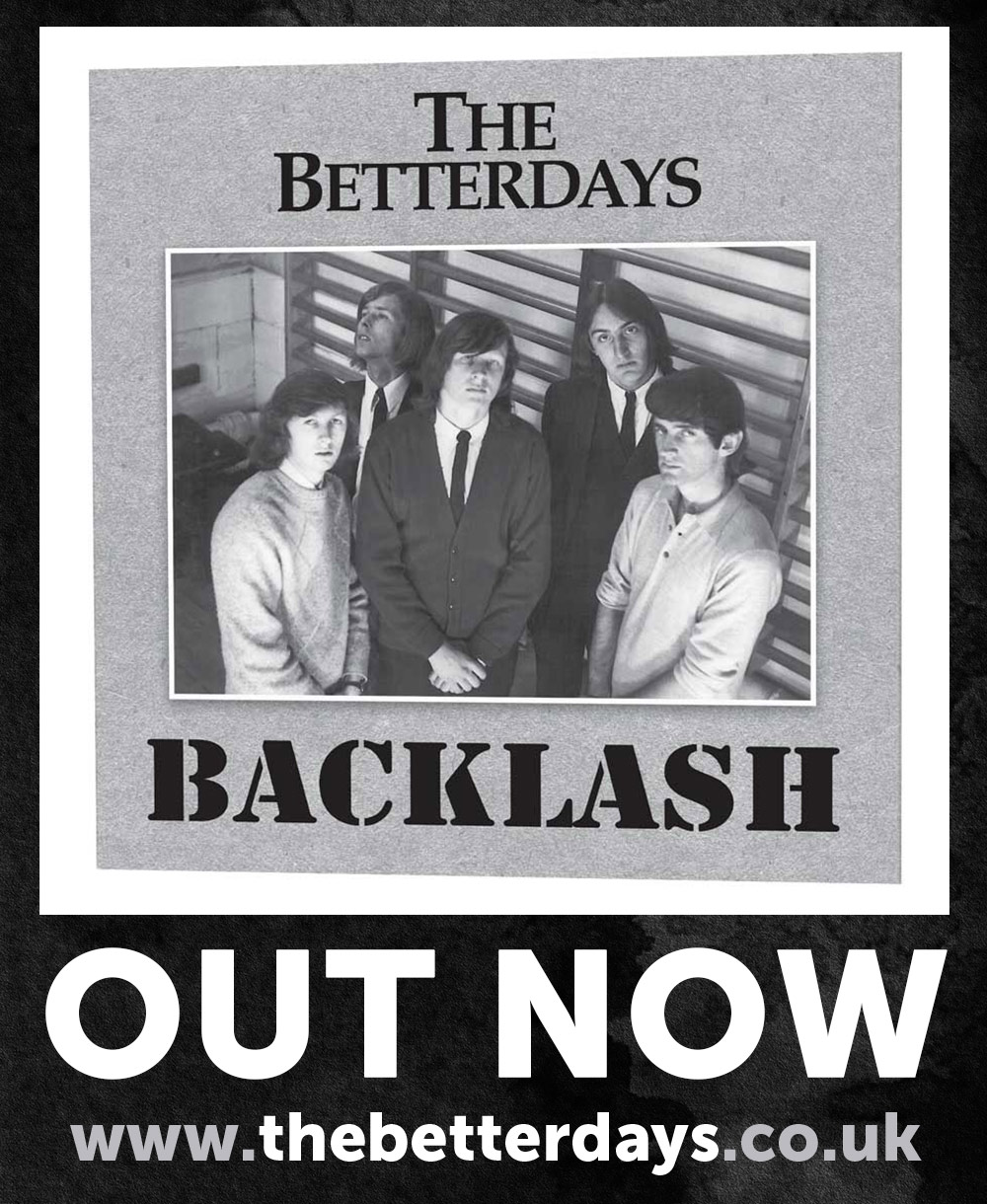Estonia’s Sofia Rubina’s sixth album “I Am Soul” showcases a very impressive and passionate jazz-soul vocalist. The new album features 11 tracks, covering artists such as Bonnie Raitt, George Duke, and Chick Corea, as well as six songs written or co-written by Rubina.
Rubina collaborated with Evgeny Lebedev, the award-winning pianist and graduate of Berklee College who has worked with some of the top names in jazz, such as Jack DeJohnette, Marcus Miller, Lenny White, Randy Brecker, David Sanchez, Joe Lovano, Terri Lyne Carrington, and George Garzone.
Also joining Rubina are Anton Revnyuk on bass and Ignat Kravtsov on drums, and a string quartet.
Rubina was born in Tartu, a cultural centre in Southern Estonia. Her family were scientists who appreciated music and supported her musical aspirations. Taking vocal lessons from the age of 10, she was inspired by Ella Fitzgerald, Dee Dee Bridgewater, and Dianne Reeves.
She studied music at the renowned Vilandi Academy of Culture and at the Berklee Global Jazz Institute, where she studied with Danilo Perez.
Her album “In the Land of Oo-Bla-Dee” earned her ‘Best Jazz Album of the Yea’r from the Estonian Music Awards. She took first place at several national singing and jazz competitions in Estonia and has collaborated with many notable musicians and big bands.
Rubina has performed internationally in the USA at The Blue Note in New York, as well as major venues in Panama, Italy, Spain, UK, Germany, Austria, Russia, Finland, Sweden, Denmark, Faroe Islands, China, Poland, Lithuania, and Latvia.

With a population of circa 1.3 million people, Estonia is a small country in Northern Europe, bordering on the Baltic Sea and the Gulf of Finland. Although it has its own rich cultural heritage, it has embraced musicians and artists from around the world.
The country hosts several music and arts festivals, including Jaakaar, the largest jazz festival in the Baltics.
The beginnings of Estonian jazz go back to the summer of 1918 when a dance band was formed in Tallinn, the country’s capital, by a group of schoolboys who wanted to play the modern tunes of the time.
The swing craze swept the country in the late 1930s, and the first jazz concert in a philharmonic hall took place in 1936.





